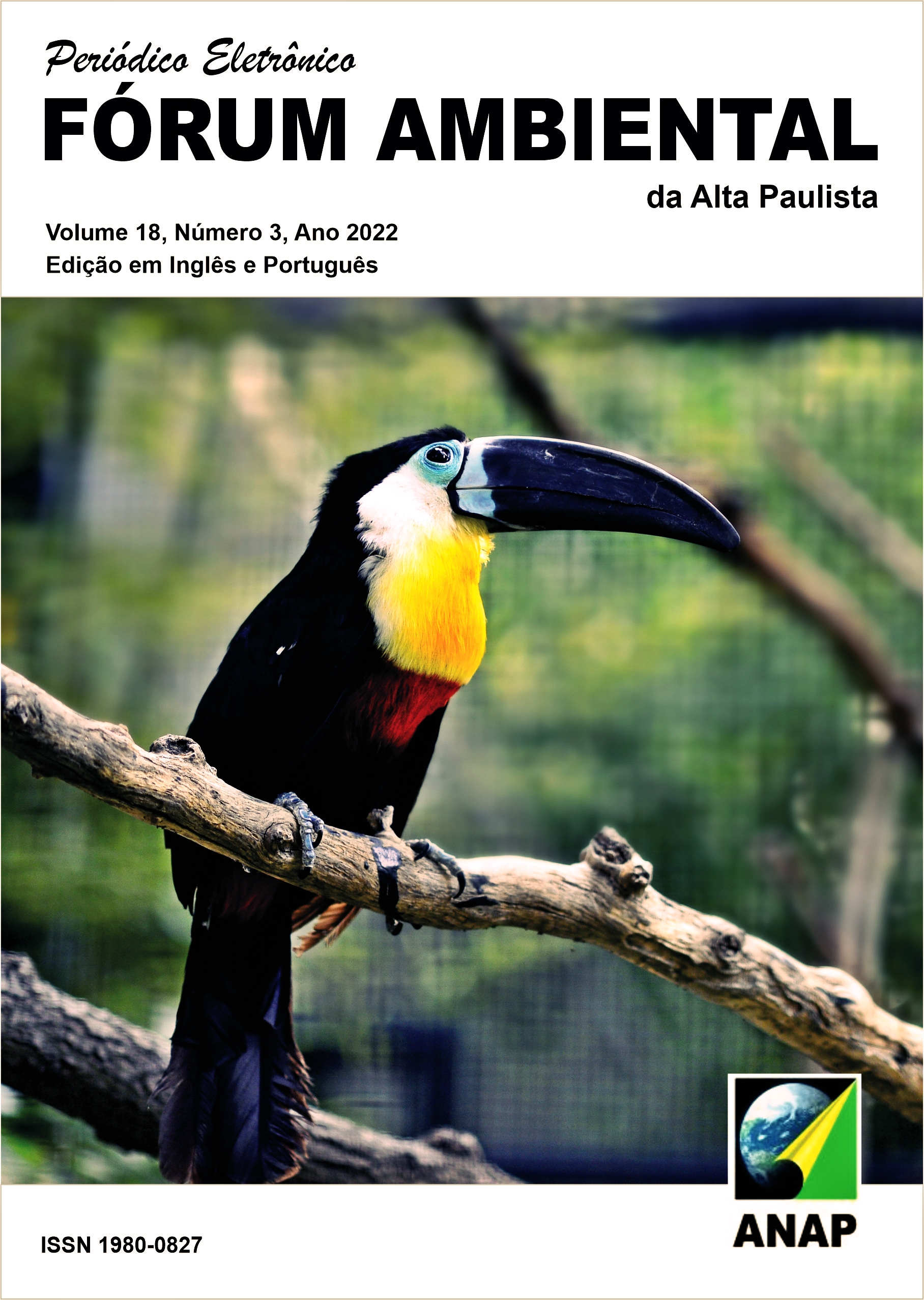Urban gardens: contribution of small green spaces to sustainable drainage
DOI:
https://doi.org/10.17271/1980082718320223400Palavras-chave:
Green spaces. Agenda 2030. Sustainability.Resumo
With climate change increasingly imminent, populations living in urban areas are even more vulnerable to flooding, landslides and other socio-environmental problems caused by poor drainage and excessive soil sealing. Between skyscrapers and the excess of streets and impermeable pavements, urban gardens emerge as an ecological and functional alternative for the improvement of drainage and for the renewal of urban infrastructure. This article aimed to analyze the permeable areas of urban gardens, as well as characterize the infrastructure of these spaces. Six vegetable gardens of distinct neighborhoods of the city of São Paulo were selected for this analysis. These spaces were mapped, visited and measured their permeable and impermeable areas. The results show that these small green spaces analyzed have high permeability rate; most have rainwater capture for irrigation of the beds and two of them preserve their springs. It is concluded, therefore, that the urban gardens studied have the potential to reduce the impact and speed of rainwater, increase the absorption of rainwater by the soil and capture rainwater.
Downloads
Referências
Publicado
Edição
Seção
Licença

Este trabalho está licenciado sob uma licença Creative Commons Attribution-NonCommercial-ShareAlike 4.0 International License.













